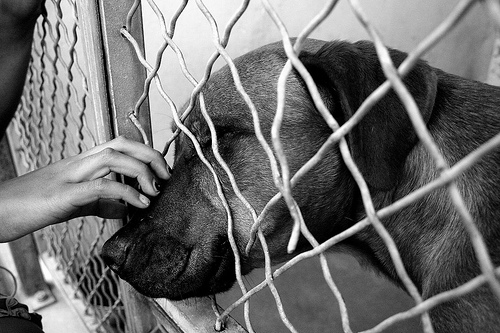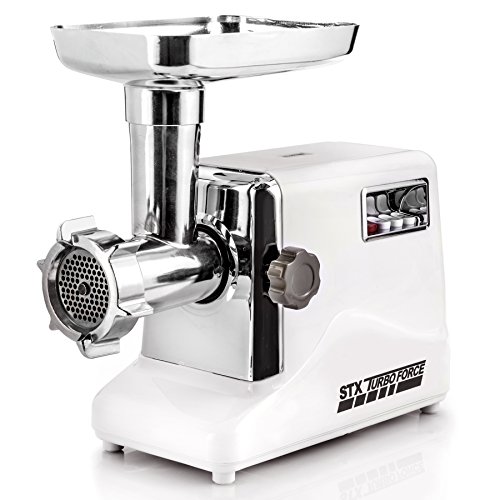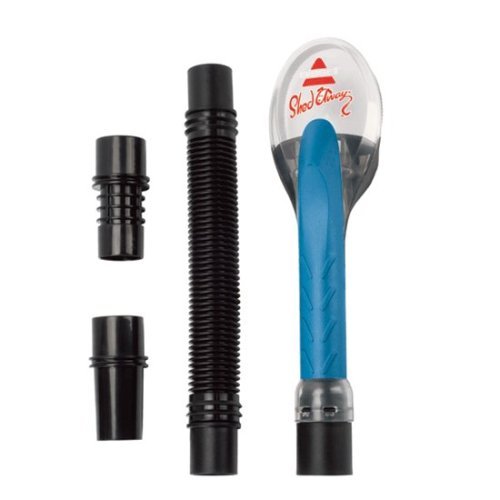
We all know what’s poisonous for adults and children, and most of those same things are also toxic for our pets. Dogs, cats and other domestic animals however are also susceptible to common foods and products that we may not even consider to be toxic. The easiest way to prevent a potentially fatal encounter with a toxin is to limit your pets’ exposure to some popular household products. Should your pet be the ultimate explorer and does get into something that you think could be harmful, the most important factor in them achieving a full recovery is early contact with a veterinarian.
Here’s a brief listing of some everyday products and foods that cause toxicities in pets.
Household cleaners and corrosives: Although it may seem obvious that many common cleaners are toxic to both animals and their humans, it might not be as evident how sly our pets can be. Many pet owners consider their companion to be a member of the family, or maybe even like their children. But just like children, pets can be quite busy when you’re not watching, and can sneak into cupboards and closets (and even drawers for those extra crafty pets) looking for tasty treats. Laundry detergent, chlorine bleach, bath and tile cleaners, kitchen disinfectants and even batteries can cause stomach upset, mouth and esophageal burns, vomiting, diarrhea and stomach ulcers. If really severe, the stomach ulcers can lead to internal bleeding and other serious complications. If you recognize your pet as a forager, it’s vital to keep cleaners and other corrosives in a secured area; baby proofing latches work wonders.
Antifreeze: Antifreeze is sweet and tasty, but deadly to both dogs and cats. Ethylene glycol, the main ingredient in antifreeze, forms crystals in the animals’ kidneys after they ingest it. These crystals destroy the kidneys’ function and the dog or cat will quickly die of renal failure. Ethylene glycol works fast, and even if the pet is rushed to the veterinarian, it is often difficult to prevent the progression of the toxin, and it’s impossible to reverse damage already caused by the forming crystals. Since dogs and cats love the taste of antifreeze, the best way to prevent such a heart wrenching accident is to prevent your pet from ever accessing the liquid. They can lick it off of driveways, drink from leaky containers in the garage and if motivated, may even puncture that bottle that’s sitting in the back of your car.
Chocolate: Chocolate is another sweet and tasty treat, for humans and animals alike. Although humans have been known to overindulge with consequences being no more terrible than an upset stomach or the dreaded chocolate hangover, the cost to your pet however can be extremely serious. Dogs are more likely to ingest chocolate, but many species of animals are susceptible to its toxic effects. There are two ingredients in chocolate that contribute to the side effect in pets: theobromine and caffeine. The combination of the two ingredients can cause mild problems such as vomiting and diarrhea, or severe and potentially fatal effects like heart arrhythmias or cardiac and respiratory arrest. It’s difficult to quantify how much theobromine and caffeine are in different kinds of chocolate, but a good rule of thumb is that the darker the chocolate is, the more harmful it is to pets. Cocoa powder and baker’s chocolate are the most dangerous, milk and white chocolate have the least amount of theobromine, and dark chocolate and semi-sweet chocolate lie somewhere in the middle of the range. So if your 70lb labrador sneaks a chocolate chip cookie with milk chocolate chips, she most likely won’t show any major side effects, but if your chihuahua finds a square of baker’s chocolate, you definitely have an emergency on your hands. Every animal however reacts differently to toxins, so always call your veterinarian if you suspect your pet has eaten chocolate.
Onions: Most livestock and many pets (especially cats,) are susceptible to toxic effects after they have ingested onions. Onions deform red blood cells in many species of animals and can cause the cells to burst. These changes in red cells can lead to systemic signs such as jaundice, anemia, weakness or collapse, as well as kidney and liver dysfunction.
Bread dough: Some dogs will eat almost anything, but a little bit of bread dough can cause a big problem. A dog’s stomach creates the perfect warm environment to allow bread dough to do what it does best, and that’s rise. Bread dough can quickly expand in a dog or cat’s stomach, causing it to distend beyond its capacity, cutting off its blood supply. In addition to the mechanical threat that bread dough poses, ethanol produced by the fermenting yeast is absorbed into the blood stream causing systemic effects such incoordination and disorientation.
Avocado: Caged birds, guinea pigs, rabbits, rats, mice, fish, and some livestock can’t tolerate any part of the avocado plant including the leaves, stems, fruits and pits. Persin, the toxic component in the avocado plant, damages the muscle of the heart, and can also damage animals’ mammary glands. Although there have only been two reports of these effects occurring in dogs, better safe than sorry.
Raisins and grapes: Raisins and grapes can cause kidney failure in some dogs and cats. Not all dogs are susceptible to the toxic effects of these foods, and there have only been occasional reports of cats developing problems after ingesting raisins. It is not known however why the fruits are toxic.
Macadamia nuts: Macadamia nuts can cause vomiting, dizziness, loss of coordination, tremors and hyperthermia in dogs. Fortunately these symptoms usually disappear and most dogs return to normal within a couple of days. You should nonetheless seek veterinary attention if your dog is suffering from these symptoms because your pet could become dehydrated, creating additional health problems.
Acetaminophen: Acetaminophen is an ingredient found in several over-the-counter pain relievers (like Tylenol) that deforms and destroys red blood cells in cats, causing similar effects as onion toxicity. Acetaminophen in high doses can have these effects on many different species, but cats are particularly affected, and even the smallest dose can cause dramatic illness. Since acetaminophen is found in many drugs, and other drugs are also toxic to dogs and cats, you should never administer your pet any medication without first discussing it with your veterinarian.
Plants: There are many toxic plants that we find within our homes that can be dangerous to our pets if they are ingested. One of the most common families of plants that can pose a real threat to cats, but few pet owners are aware of, is the lily family. Ingestion of these plants can result in vomiting, excess salivation, heart abnormalities, respiratory failure and even death. Poinsettias on the other hand are not as toxic as they were once believed to be. Both the Canadian Veterinary Medical Association (CVMA) and the American Veterinary Medical Association (AVMA) list poinsettias as mildly toxic by occasionally causing vomiting and diarrhea. Lilies however are listed as very toxic, often causing death in cats even if only a small quantity is eaten. Ask your veterinarian for a complete list of all plants that can be toxic to your pets, as well as refer to the article Safe Plants and Poisonous Plants for Cats in the “Articles” section of this website.
This is by no means an exhaustive list of all toxic substances found in your home, but only a mere sampling of foods and other products common to many homes that could have devastating effects on your pet. Since many illnesses caused by toxins need immediate treatment in order for the animal to fully recover, contact your veterinarian or an emergency veterinarian immediately if you suspect that your pet has ingested any of the products or foods mentioned here, or anything else you believe may be toxic. And if you’re not sure if it’s poisonous or not, don’t waste time, call your vet!
By Jen Girard – Pets.ca writer
 How to Pick the Perfect Dog Name
What would you call this animal?
Cred
How to Pick the Perfect Dog Name
What would you call this animal?
Cred
 Dogs and leg amputation
Dogs and leg amputation
Dogs and leg amputation
Dogs and leg amputation
 7 Questions To Ask A Shelter Worker When Adopting A Dog
7 Questions To Ask When Adopting A Dog From A Shelter
Shel
7 Questions To Ask A Shelter Worker When Adopting A Dog
7 Questions To Ask When Adopting A Dog From A Shelter
Shel
 Canine Nutrition and Wellness Part 2: Feeding Your Dogs Homemade and Unprocessed Meals
Looking back before commerci
Canine Nutrition and Wellness Part 2: Feeding Your Dogs Homemade and Unprocessed Meals
Looking back before commerci
 Bissell Shed Away Review
Pets can get expensive and t
Bissell Shed Away Review
Pets can get expensive and t
Copyright © 2005-2016 Pet Information All Rights Reserved
Contact us: www162date@outlook.com